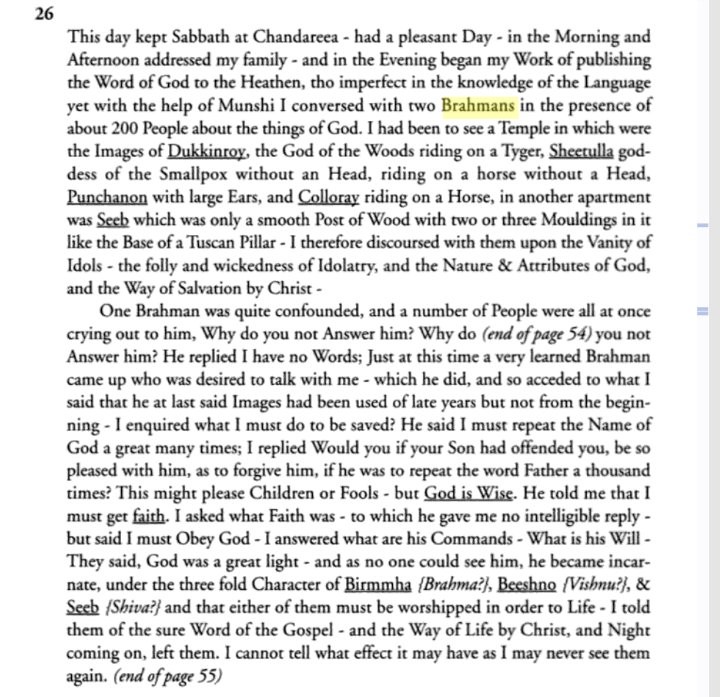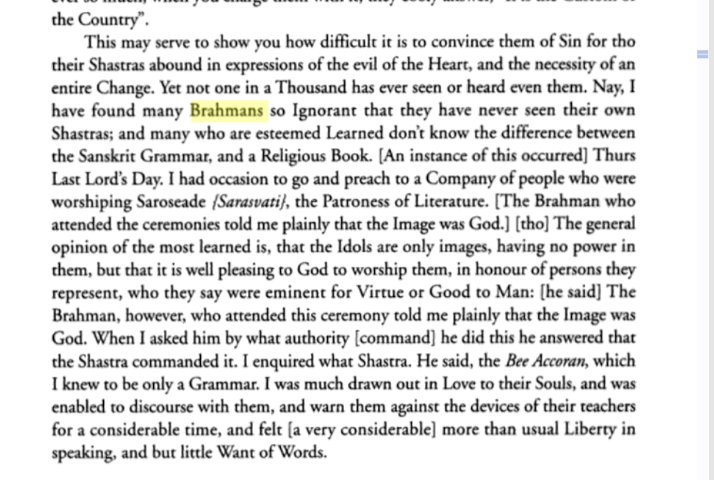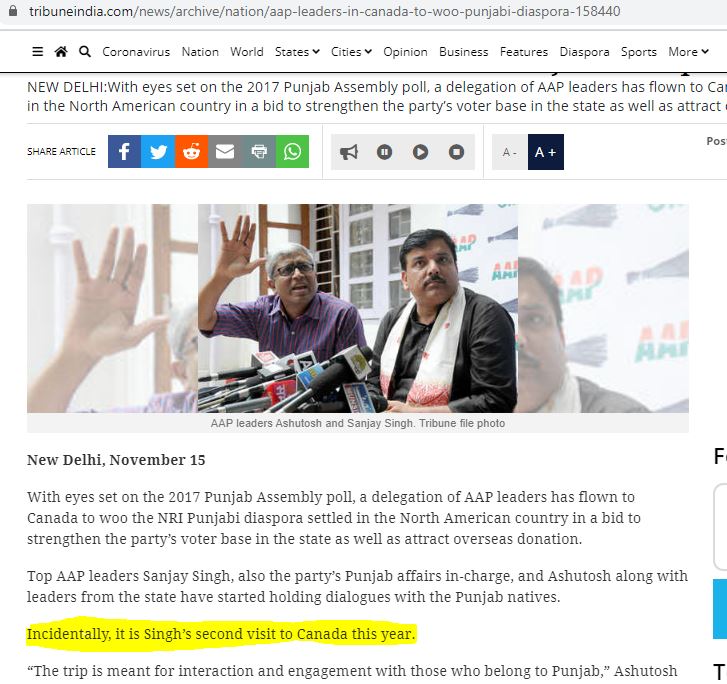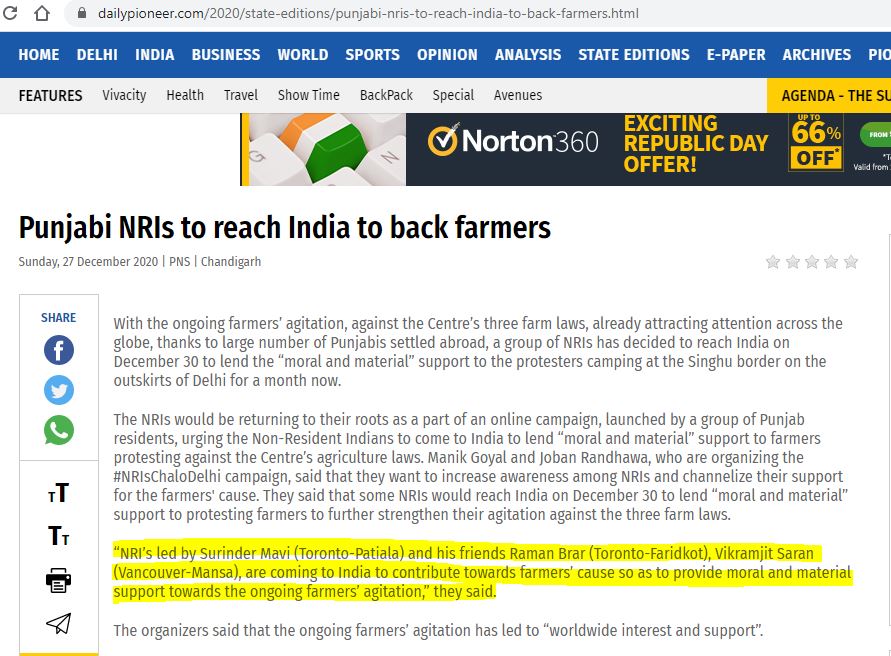"Who likes to fire crackers during Diwali?" asked the teacher.
About half of the nine-ten year olds in the classroom raised their hands.
"You should be ashamed," chided the teacher. "Crackers are harmful to our environment!"
The ones who did not raise their hands felt proud.
More from Kansara
More from India
The schism of BJP- RSS ideology.
Full blown Schizophrenia if one wants to psychoanalyze BJP.
#doublebind where a parent keeps giving double messages to their confused children. They adore the parent for one thing and hate them for another.
BJP-RSS ideology
— Dr. Latha (@DrlathaC) January 30, 2021
Lower rank workers worship #NathuramGodse, but leaders worship Mahatma Gandhi.
True meaning of #SabkaSaath \U0001f606
How can BJP sustain itself with this kind of internal schism? In other words no samanjas or clarity of what they stand for?
Its exploding now. The madness.
People airing out Gandhi's sexuality out of context and irrelevant to him being killed by Godse.Supporting Godse's action
But not understanding that the same reasons why Godse was killed are the reasons why BJP leaders today hail Gandhi as Bapu or Mahatma. On #MartyrsDay
Very dangerous mind or #headgames being played out here. Our country is a large scale mental asylum with broken psyche.
Sanatana Dharma does not need more Nathuram Godses. We need more Shri Vidyaranyas and Adi Shankaras who would build Hindu Rajya through Raja and kshatriya Dharma.
Nathuram Godse as a Brahmana weakened his brahmanatwam by adopting a Nationalist ideology.
Instead he could have used his pourusham to garber a Sanatani movement to fight against INC and Gandhian ideology.
He dissented from RSS and started his own Hindu Rashtra Dal and also was a member of Hindu Mahasabha. However he did not fall back on our darshana s to understand
William Carey landed on the Indian soil in the year 1793. He spent the remaining years of his life in India. He was a British missionary, a translator and a social reformer who is best known for having the practice of Sati abolished in India. https://t.co/kRiPwgjwcP pic.twitter.com/JqO3A7cCsX
— Tanvangi (@Tanvangi17) December 18, 2020
It is entirely possible that,Carey in his arrogance of being the white man and hence more civilized,his inability to under the Hindu scriptures and his natural disdain for the learned community coupled with his inherent hatred for the idolaters may have exaggerated the incidents.
In fact, considering the venom with which he has spoken about Hinduism and it's practices, it's likely that he has exaggerated these incidents. But it cannot be denied that these incidents did happen even if they may not have been on scale at which Carey has described.
One of his journal entry mentions a debate which happened in a temple in front of around 200 people. Carey describes having debated with two learned men and goes on to say when both learned men failed to answer his questions, he went on to preach the gospel to the assembled crowd

In a letter dated 30th June,1795 he goes on to gleefully narate how Hindus were unaware of their own scriptures and how an supposed expert named a grammar book when he was questioned as which scripture said that the Murti is God.

You May Also Like
Like company moats, your personal moat should be a competitive advantage that is not only durable—it should also compound over time.
Characteristics of a personal moat below:
I'm increasingly interested in the idea of "personal moats" in the context of careers.
— Erik Torenberg (@eriktorenberg) November 22, 2018
Moats should be:
- Hard to learn and hard to do (but perhaps easier for you)
- Skills that are rare and valuable
- Legible
- Compounding over time
- Unique to your own talents & interests https://t.co/bB3k1YcH5b
2/ Like a company moat, you want to build career capital while you sleep.
As Andrew Chen noted:
People talk about \u201cpassive income\u201d a lot but not about \u201cpassive social capital\u201d or \u201cpassive networking\u201d or \u201cpassive knowledge gaining\u201d but that\u2019s what you can architect if you have a thing and it grows over time without intensive constant effort to sustain it
— Andrew Chen (@andrewchen) November 22, 2018
3/ You don’t want to build a competitive advantage that is fleeting or that will get commoditized
Things that might get commoditized over time (some longer than
Things that look like moats but likely aren\u2019t or may fade:
— Erik Torenberg (@eriktorenberg) November 22, 2018
- Proprietary networks
- Being something other than one of the best at any tournament style-game
- Many "awards"
- Twitter followers or general reach without "respect"
- Anything that depends on information asymmetry https://t.co/abjxesVIh9
4/ Before the arrival of recorded music, what used to be scarce was the actual music itself — required an in-person artist.
After recorded music, the music itself became abundant and what became scarce was curation, distribution, and self space.
5/ Similarly, in careers, what used to be (more) scarce were things like ideas, money, and exclusive relationships.
In the internet economy, what has become scarce are things like specific knowledge, rare & valuable skills, and great reputations.































